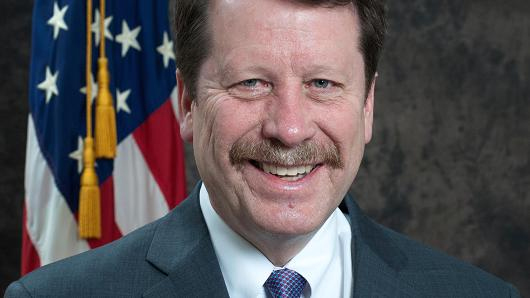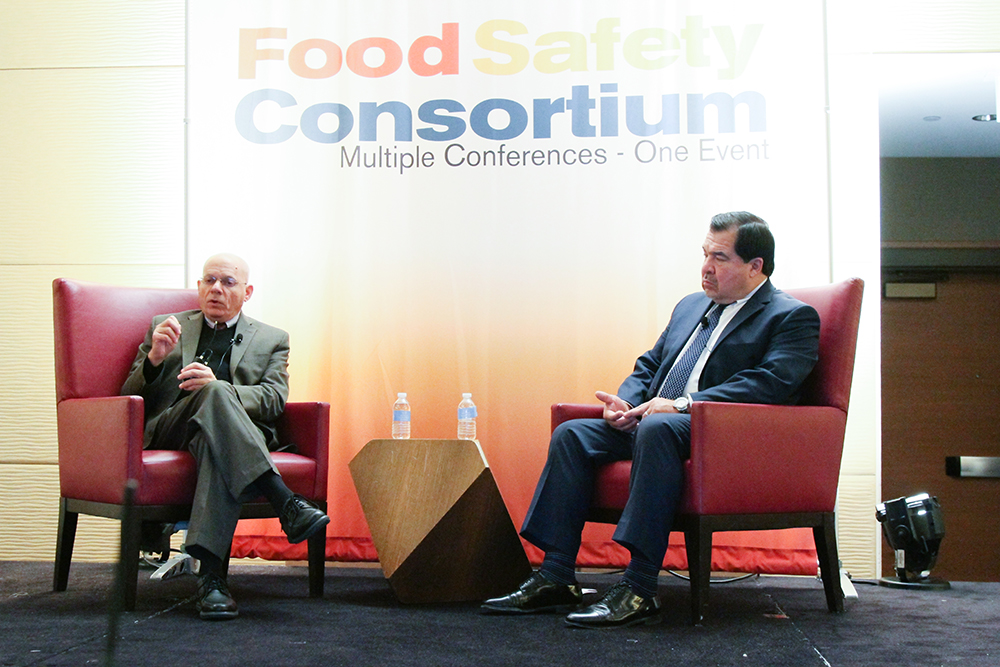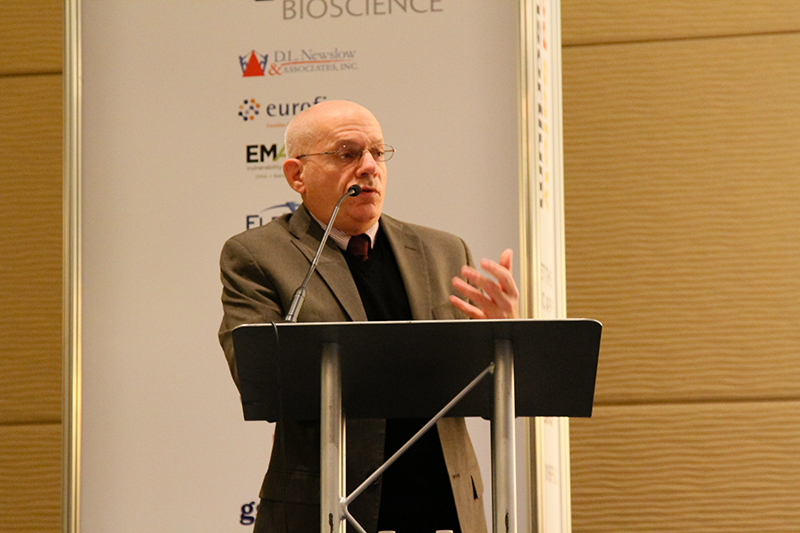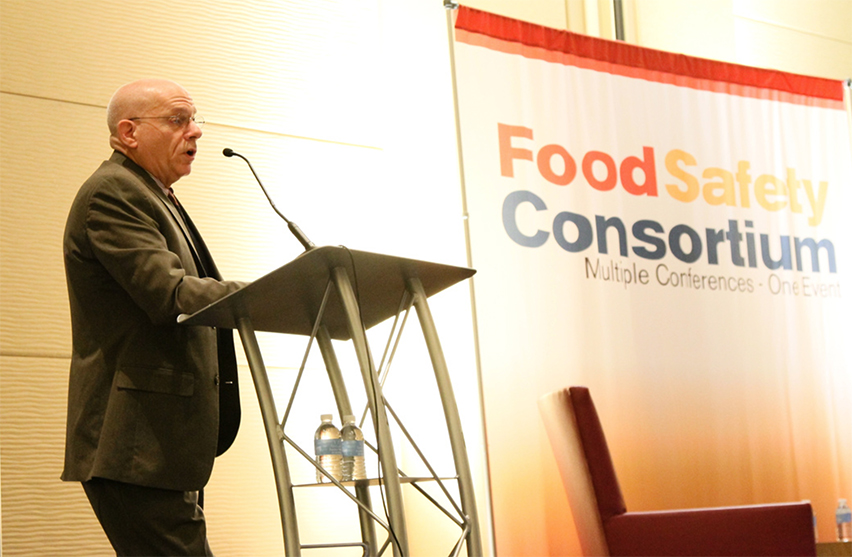The first major compliance dates have arrived for the preventive controls rules for human and animal food under the FDA Food Safety Modernization Act (FSMA). Some members of the food industry have expressed concern and uncertainty about enforcement measures that may accompany September 19, 2016. That’s the date when larger businesses must comply with certain new standards. Human food facilities must meet preventive controls and Current Good Manufacturing Practice requirements (CGMPs); animal food facilities must meet CGMPs. (The larger animal food businesses have an additional year to meet the preventive controls standards.)
Joann Givens, co-chair of the FSMA Operations Team Steering Committee and director of FDA’s Food and Feed Program in the Office of Regulatory Affairs, addresses questions that have been raised about what the next few months will look like for human food facilities required to comply with the CGMP and preventive controls requirements and animal food facilities required to comply with the CGMP requirements.
What happens next in terms of FDA enforcement of these new standards?
We know that this is new territory for food companies; it’s new territory for us too. For years we’ve been talking about the FSMA rulemakings and our implementation plans. Now, an important compliance date is here for some companies. As we enter this new chapter, the FDA’s primary focus will continue to be on education, training and technical assistance to help companies comply with the new requirements.
A top priority for FDA is providing the framework for industry’s implementation of preventive controls and CGMP requirements. We recently issued draft guidance documents that provide more detail on how to comply with the new standards, and there are more guidances to come, about two dozen planned over the next few years. We intend to continue this dialogue and collaboration with regulated industry to ensure that everyone understands and engages in their respective roles in food safety.
This first year of compliance will affect the larger businesses, generally those with 500 or more employees. Many businesses of that size already have a HACCP (Hazard Analysis and Critical Control Points) program; we don’t expect them to need to make many changes to come into compliance. Aspects of the CGMP and preventive controls rules are similar to HACCP, a food safety system that started with industry. (The human and animal food rules have staggered compliance dates; smaller businesses have a year or more additional time to comply.)
Does the focus on education mean that companies won’t really be held to these standards yet?
No. The FDA’s mandate is to protect public health and, when necessary, the agency will act swiftly. But keep in mind that our primary goal, not just in the first months but going forward, is to work with the food industry to create a culture of food safety, a culture of compliance with procedures, processes, and practices that we know will minimize the risk of serious illness or death.
What is the best thing covered food facilities can be doing now?
The best thing that people in the food industry can do is take the measures required by the new rules – not just the letter of the law but what it represents in terms of transforming the food safety system. They should look at the big picture, at areas in which they could be vulnerable and proactively take action. Promptly responding to problems, even if they aren’t yet violations, can prevent them from getting to the point at which there is a concern about the safety of the food.
In addition, facilities should set up a thorough system for documenting what they do. The better the records, the more a company can demonstrate that it is meeting the legal standard. Put processes and procedures in place to prevent problems in the first place, and consider having some redundancy in the system so that if one measure fails, another can take its place.
If there is a problem, state or federal investigators will ask questions like: When problems came to your attention, what did you do? Were you proactive in looking for the problems in the first place? If you could not find a solution, did you get the right expertise? Did you educate your employees?
Where can companies go wrong?
A company’s approach should not be: “The government was here and did our inspection. We’re safe for X amount of time.” Rather we want facilities to be confident that if FDA or the state walks in tomorrow, they’ll be able to demonstrate what they’re doing to meet the new food safety requirements.
And it really is up to the management of a company to create that culture by attending to the facility and its production processes and making sure that everyone in the production chain understands what is expected and has the training and education they need to get the job done.
What is the ultimate goal?
The purpose of these rules is to create a preventive, food safety system that is self-sustaining. Everybody in a food facility should be systematically operating in a way that complies with the law.
The preventive controls requirements fulfill the paradigm shift toward prevention that was envisioned in FSMA and, in combination with CGMPs, will help protect consumers into the future.
We want to see people doing the best they can. It’s a marathon, not a sprint. They’re learning; we’re learning. We are very committed to educating while we regulate to align understanding and expectations.
This article has been republished with permission from FDA. The original version can be viewed on FDA’s website.





















